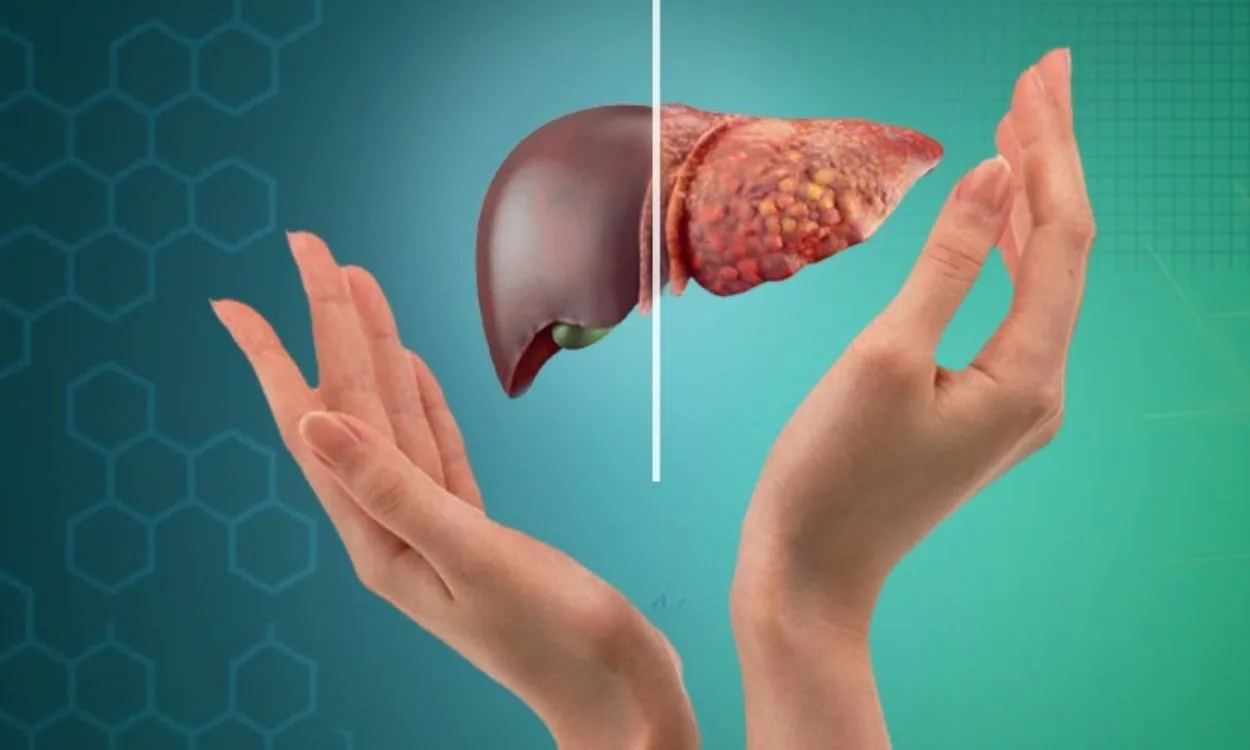Is Fatty Liver More Common in Men or Women?
Fatty liver disease, also known as hepatic steatosis, is a common condition characterized by the accumulation of excess fat in the liver. It is a reversible condition that can range from mild to severe, depending on the amount of fat accumulated. While both men and women can develop fatty liver, certain factors may contribute to its prevalence in specific populations. In the Indian context, the prevalence and risk factors for fatty liver may differ between men and women.
Prevalence of Fatty Liver in Men and Women
- Overall Prevalence: Studies suggest that the overall prevalence of fatty liver is higher in men than in women. This may be attributed to hormonal differences, metabolic variations, and lifestyle factors.
- Menopause and Hormonal Changes: Women tend to have a lower risk of fatty liver before menopause due to the protective effects of estrogen. However, after menopause, estrogen levels decline, which may increase the risk of fatty liver in women.
- Alcohol Consumption: Excessive alcohol consumption is a significant risk factor for fatty liver. In India, alcohol abuse is more prevalent in men, leading to a higher incidence of alcoholic fatty liver disease in this population.
- Obesity and Metabolic Syndrome: Both obesity and metabolic syndrome are risk factors for fatty liver. In India, the prevalence of obesity and metabolic syndrome is higher in women, which may contribute to a higher prevalence of non-alcoholic fatty liver disease (NAFLD) in this population.
Risk Factors for Fatty Liver in Men and Women
While the prevalence of fatty liver may differ between men and women, several common risk factors contribute to its development in both genders:
- Obesity: Excess body weight, particularly abdominal obesity, is strongly associated with a higher risk of developing fatty liver.
- Unhealthy Diet: Consuming a diet high in processed foods, sugary beverages, and saturated fats can increase the likelihood of fatty liver in both men and women.
- Insulin Resistance and Diabetes: Insulin resistance, which occurs when the body’s cells become less responsive to insulin, and type 2 diabetes are risk factors for fatty liver in both genders.
- High Cholesterol and Triglyceride Levels: Elevated levels of cholesterol and triglycerides in the blood can contribute to the development of fatty liver.
- Genetics: Certain genetic factors may predispose individuals to fatty liver disease, regardless of gender.
Prevention and Management of Fatty Liver
Preventing and managing fatty liver involves adopting a holistic approach to lifestyle modifications:
- Maintain a Healthy Weight: Achieving and maintaining a healthy weight through a balanced diet and regular exercise is the cornerstone of preventing and managing fatty liver.
- Follow a Healthy Diet: Consume a diet rich in fruits, vegetables, whole grains, lean proteins, and healthy fats while limiting processed foods, sugary beverages, and saturated fats.
- Engage in Regular Physical Activity: Regular exercise, such as brisk walking, cycling, or swimming, can help reduce liver fat and improve overall metabolic health.
- Limit Alcohol Consumption: If you consume alcohol, do so in moderation. It is advisable to avoid alcohol altogether if you have alcoholic fatty liver disease.
- Manage Diabetes and Metabolic Conditions: If you have diabetes or metabolic syndrome, work closely with your healthcare provider to keep your blood sugar, cholesterol, and blood pressure levels under control.
Fitpaa – Your Personalized Health and Fitness Solution
While lifestyle modifications are crucial for preventing and managing fatty liver, tools like the Fitpaa app can provide personalized guidance and support to help you achieve your health and fitness goals.
- Metabolism Assessment: Fitpaa’s Metabolism Assessment helps identify the root cause of your health condition by assessing your current metabolism. This assessment considers various aspects of your life to provide a comprehensive understanding of your metabolism.
- Fitpaa Capsule: After the metabolism assessment, Fitpaa prepares a personalized Fitpaa Capsule based on your metabolism, health goals, current lifestyle, and eating habits. This capsule combines medical therapy, exercise therapy, nutrition therapy, and cognitive behavior therapy to optimize your metabolism and help you achieve your health and fitness goals.
- Real-time Guidance and Support: Fitpaa’s real-time guidance technology incorporates habit building, timely nudging, and purpose-finding techniques to keep you motivated and on track. The Fitpaa mobile app provides workout trainers, diet trackers, performance tracking, and progress tracking tools to make following your Fitpaa Capsule easier.
- Expert Review and Support: Fitpaa’s expert team of fitness planners, nutritionists, fitness trainers, and doctors regularly review your progress and make necessary adjustments to ensure you achieve your desired results.
Remember, your well-being is our mission at Fitpaa. If you’re ready to experience the joy of getting fit and excel at life, download the Fitpaa app today and begin your journey towards a healthier you.









